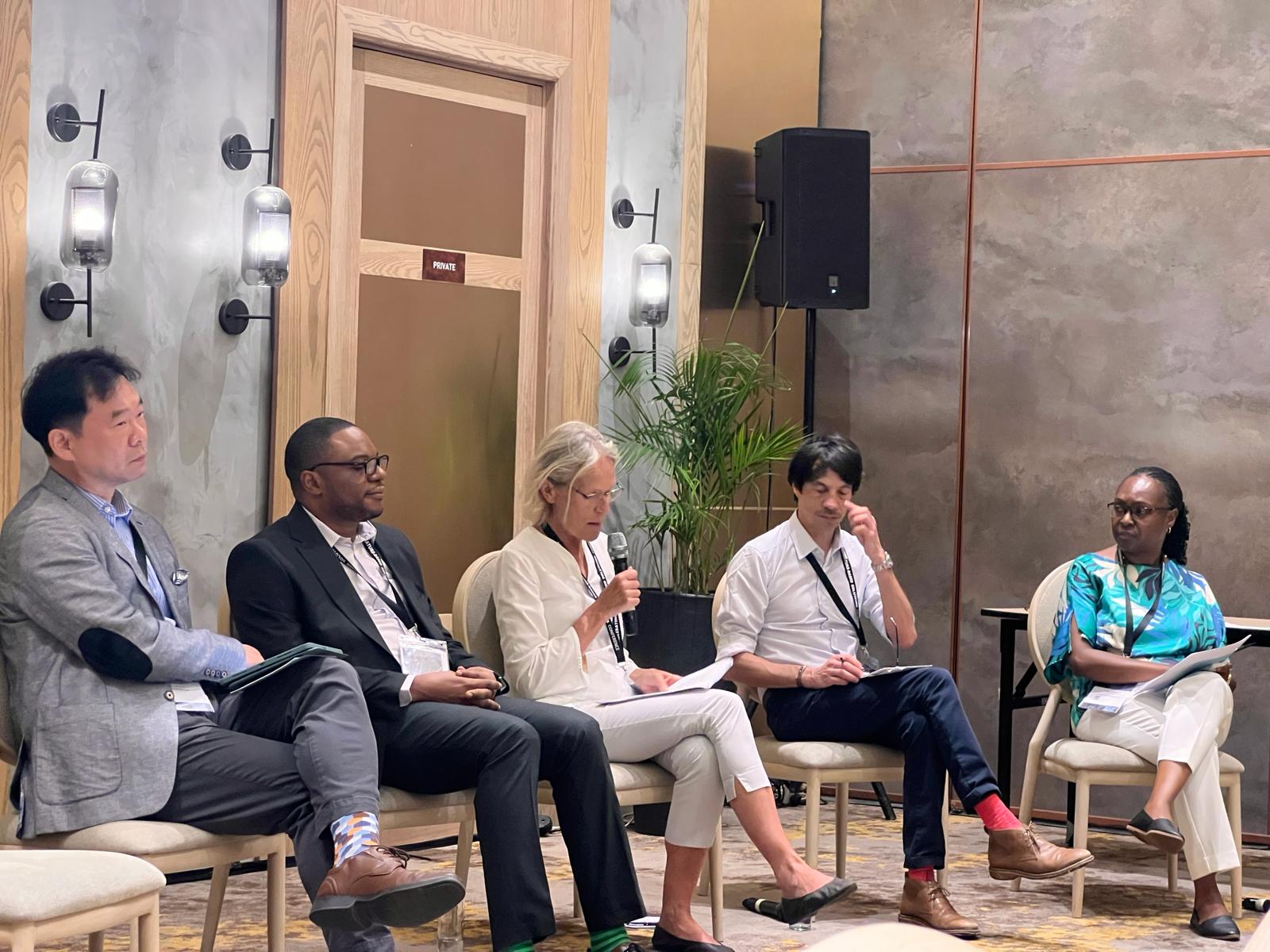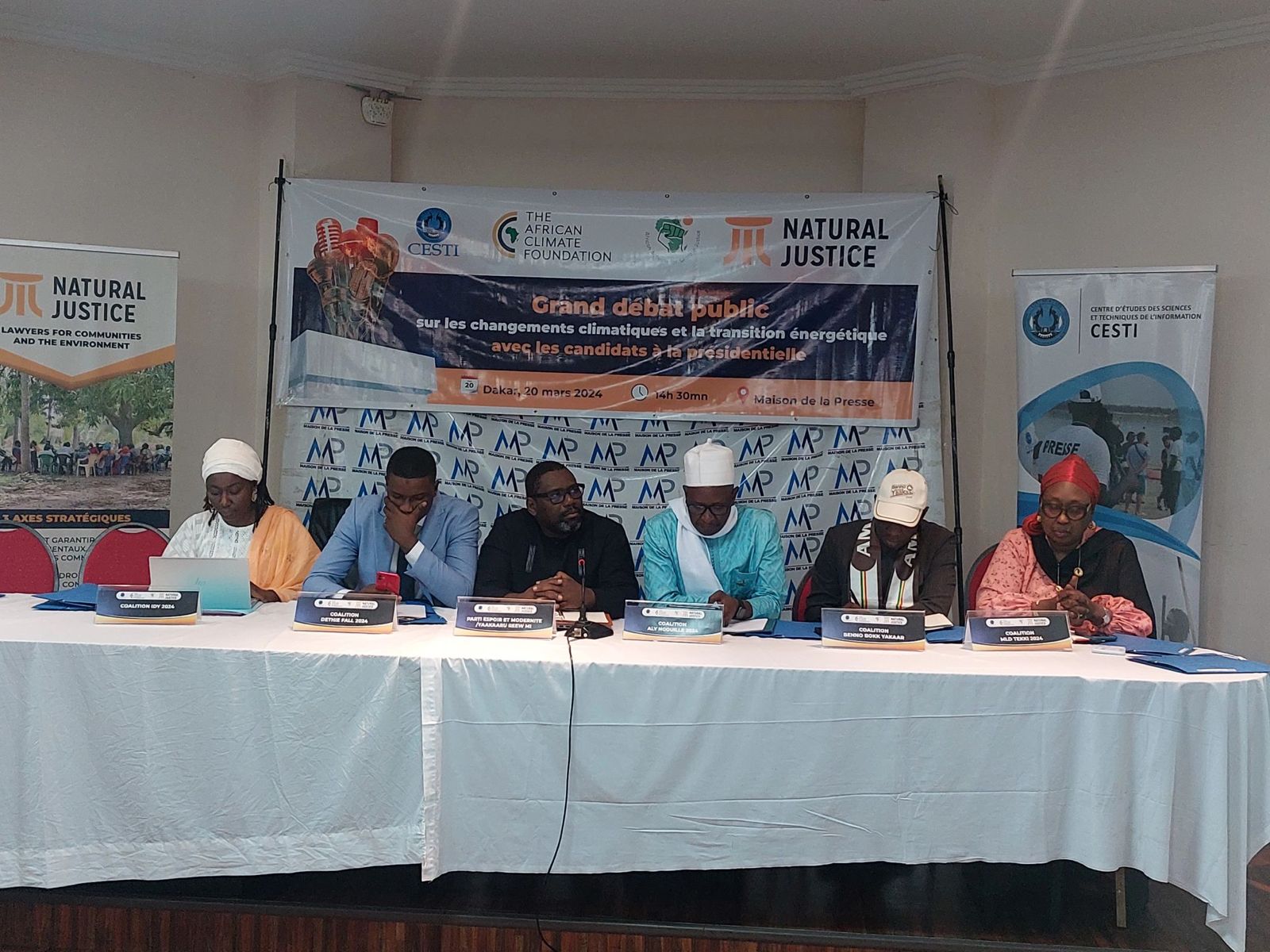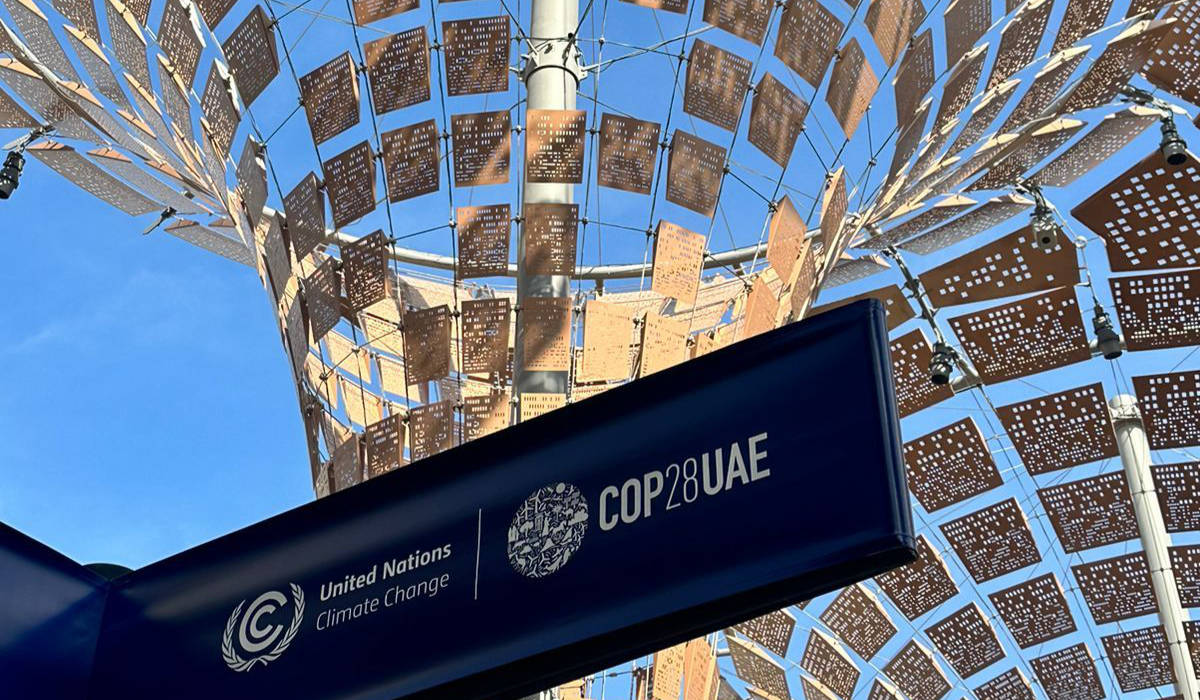South Africa’s just transition, and the finance that it would need, could ultimately become a vehicle to structurally change the wealth in the country. But finance choices must be carefully thought through in negotiations.
Last year’s ground-breaking Just Energy Transition Partnership (JETP) deal saw the UK, EU, USA, France and Germany commit to mobilise an initial $8.5 billion over the next three to five years to support South Africa’s green transition and decarbonisation.
Delegates at the African Climate Foundation’s Just Energy Transition Knowledge Exchange and Learning Sessions in Cape Town heard how this JETP investment could ignite a new economy in South Africa if the budget is drawn up correctly.
The novel deal was announced last year at COP26, with funds used to support projects in decarbonising South Africa’s especially problematic electrification, green hydrogen, as well as South Africa’s transport sector. But critical in the green transition would be to also address South Africa’s inequality struggles.
High level officials said South Africa had to wrestle with the immediate way how we put these investments into action. An official called the JETP a “living experiment” with enormous potential. And getting the deal right was a huge responsibility.
The role of the state will be critical to ensure that the investment bears fruit and propels South Africa into a green future. Yet the most important in the deal is the people of South Africa and the finance should be structured to their benefit and that of their children.
Involving people in this complex process was not an easy question, the official said. He echoed other sentiments at the conference, saying “we are learning by doing”. South Africa had to act now. “The only way to do this, is by plunging ahead. Time is not on our side; we will make mistakes. But we know where we are going and we are determined to get there.”
The conference also heard that multilateral negotiations were critical on the just transition journey. “We will not get what is just, we will get what we will negotiate,” delegates heard.
Complicated finance
Delegates agreed that financing climate was complex, but that if the finance options were not executed correctly, the climate change deal negotiated in Paris could collapse.
South Africa’s lessons in using the different available finance options are blazing a trail for other countries looking to replicate the novel JETP model. But in South Africa, there is still a huge debate on how we should tackle climate finance. Different modalities and finance structures, each offer unique needs. Speakers noted that high quality, truly concessional financing could catalyse additional sources of funding in the long term.
Whatever finance is chosen, it should be to the benefit if South Africa. Delegates also argued that blended financial instruments were a good option, while private finance would have to be delivered. The public purse also cannot bear the cost of climate change alone
Delegates agreed heaps of innovation could be created in the climate space. Financing early coal closure was one of the biggest challenges and required out of the box thinking.
Yet it was the $8.5bn deal that triggered this finance conversation, and it was key to demonstrate the output. That would show how we could make climate finance more efficient. It is too early in the game to make assumptions yet of what financing models will work, but with this deal South Africa could build a scale to see what happens.
Developing countries had to be pragmatic to create enabling environment, to funnel capital from wherever, to find fertile ground to assist, speakers agreed.
Trying to predict the future
The conference, which ran at the end of September, heard that each nation has unique circumstance, with Senegal still struggling with electricity access and a large usage of wood in rural areas, which contributed to deforestation. India had parallels to South Africa, but also vastly different circumstances, with Indonesia also struggling with phasing out coal as well as electricity sector.
Grappling with these problems required modelling to see what technical options could provide the best cost-effective solutions. Decisions about what technology to opt for could not be made blindly. A South African delegate explained that three years ago the country debated what is possible?
“It was modelling that informed what was possible and this is what you must do. It is ambitious, but it can be done.”
Realities
Attendees also heard that the realities of the developing world had to be considered, such as the huge sovereign debt. Yet the vulnerable could not be penalised yet again for the needed transition.
A speaker in the last session of the day warned that this year climate negotiations were taking place against the backdrop of major changes taking place in the world. Productivity patterns are shifting, and trade is changing. It was likely that multilateral negotiations would change as well.
The just transition is more than science and fighting just climate change. The additional elements on this journey tackles a fair distribution of opportunities for all.



